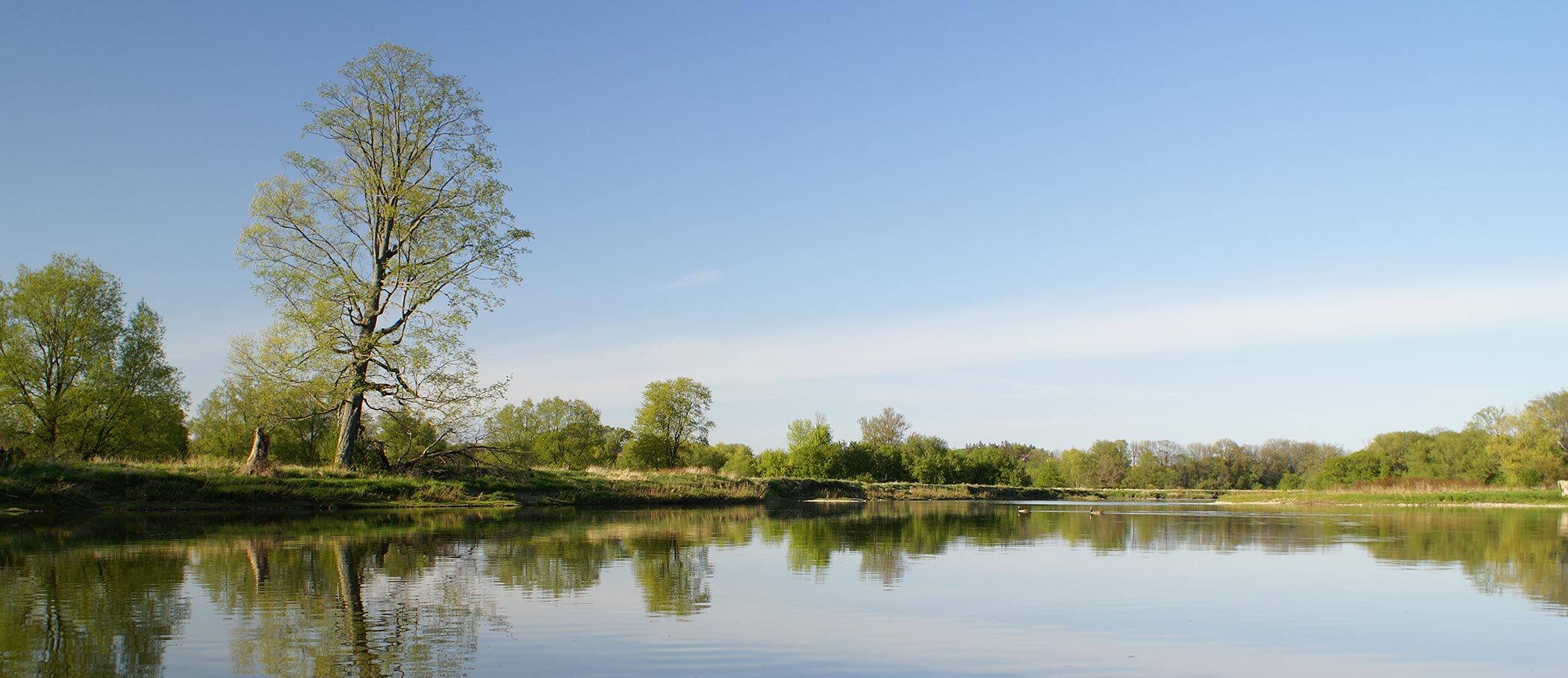COURSES TAUGHT
My undergraduate teaching approach is one of “solutions-based education.” It’s easy to describe all the problems in the world—there are many—but much more difficult for all of us to engage and to make significant contributions. That everyone has a potential problem-solving role is not starry-eyed optimism but rather a pragmatic philosophy that gives meaning to teaching and research.
- ERS 101: Approaches: Environment, Resources and Sustainability (2018-ongoing). Environmental decision-making in the age of uncertainty. This interdisciplinary course will examine the theoretical underpinnings and empirical evidence for how small decisions can have big environmental outcomes. We’ll examine the history and implications of rationality assumptions, the powerful force of uncertainty, the relationship between individual, group and societal decisions, insights from social and environmental psychology and environmental communications. As part of the course assignments, ERS 101 students will contribute to a collaborative and scholarly “hero project” linking their expertise to an environmental problem.
- ERS 111: Environmental Analysis and Solutions II: Experiential Approaches (2009-2017). The “water” theme was used to ground and explore interdisciplinary concepts within environmental sustainability, the challenges we face as engaged citizens and the various roles we might play to address those challenges. Even if water wasn’t the students’ primary interest, the knowledge and skills developed in this course could be applied across many different future courses and contexts.
- ERS 265/275: Environmental History of Water and Society (block and semester versions). This course is an exploration of issues in water management from the ancient to recent history. Tensions related to water supply and demand, agriculture and urbanization, health and sanitation, gender and household access to water resources, urban water and wastewater infrastructure, trans-boundary politics and water privatisation debates are considered. Readings and detailed assessments of national and international cases—from Europe, Western Asia and North America—are used as a basis for in-class discussion and research projects. The course objective is to examine historical perspectives in (water) resources including agriculture, urban settlement and social structures and norms. Core skills include critical and comparative reading, conceptual synthesis, academic and advocacy communication. Starting in Fall 2017, we’ll be paddling down the Grand River (see below) to learn about changes to the rural-urban interface, river ecology, early Canadian and Aboriginal history along the river. The course content provides a foundation for both ERS 316 (Integrated urban water and wastewater systems), ERS 375 (Water Governance) and water-related ERS 411 projects. Learn More

Grand River, Ontario
- ERS 316: Urban Water and Wastewater Systems: Integrated Planning and Management. This course focuses on urban water management systems using case analysis examples from North America, Australia, Western Asia and the Global South. Our working assumption is one of a changing climate context and an increased likelihood of extreme events (e.g., flooding and drought). The focus is on the development and maintenance of urban water and wastewater systems, but will also explore demand and supply management planning, efficiency mechanisms, privatisation, development and equity concerns. Field trips to local water supply and wastewater treatment plants and a demonstration house of residential water efficiency and reuse projects are often scheduled.
- ERS 403: Senior Honours Project. Self-motivated students may develop their research skills further by designing and implementing a project aligned with their personal interests. Guided during weekly meetings with me, the student researcher will:
- conceptualise a project,
- complete a thorough review of peer-reviewed, and other relevant, literature,
- determine a research question,
- design a methodology to answer the question,
- analyze results and draw conclusions, and
- present your project with a PowerPoint presentation to your peers and advisor.
- When possible, I co-author with students who want to rework and publish their undergraduate theses in the academic press. Having this publication listed on your cv is an amazing signal for both graduate school admissions and scholarship applications.
The course objective is for students to show mastery of the basic skills of problem identifications, proposal development and project implementation. While the process is research focused, I work with students to identify what they want to use their “thesis” product for — graduate school applications, the development of professional networks etc. Having a sense for what comes next after the thesis allows us to tailor the process and product to help the student be efficient, motivated and focused. Most of my students have an interest in water – broadly defined – but I am willing to supervise all topics if the student is motivated and self-directed.

